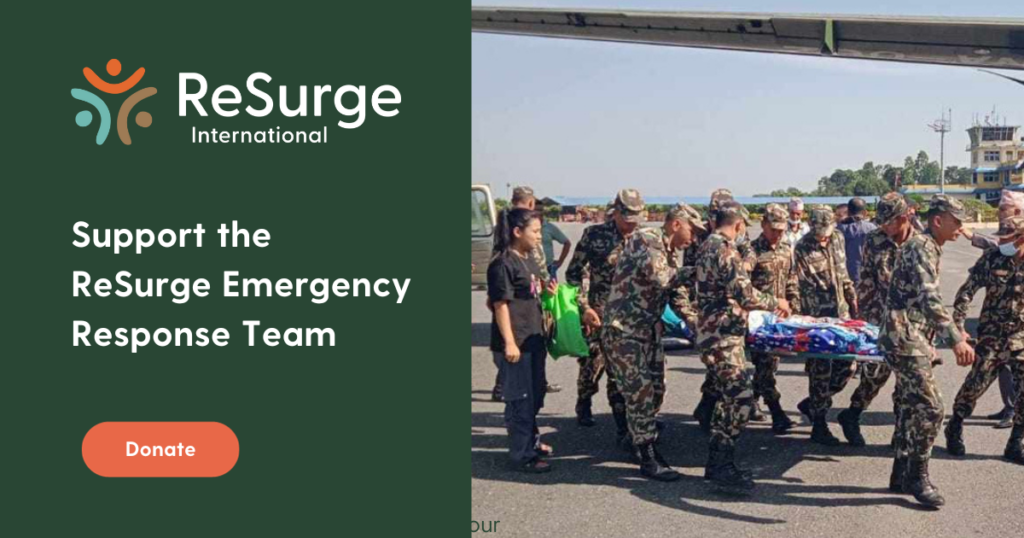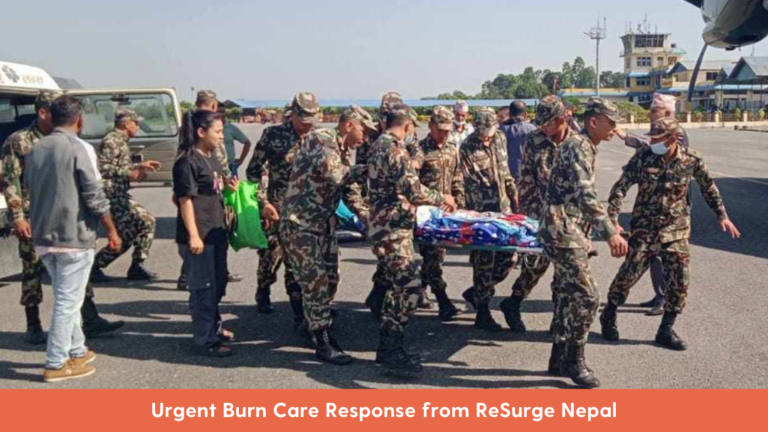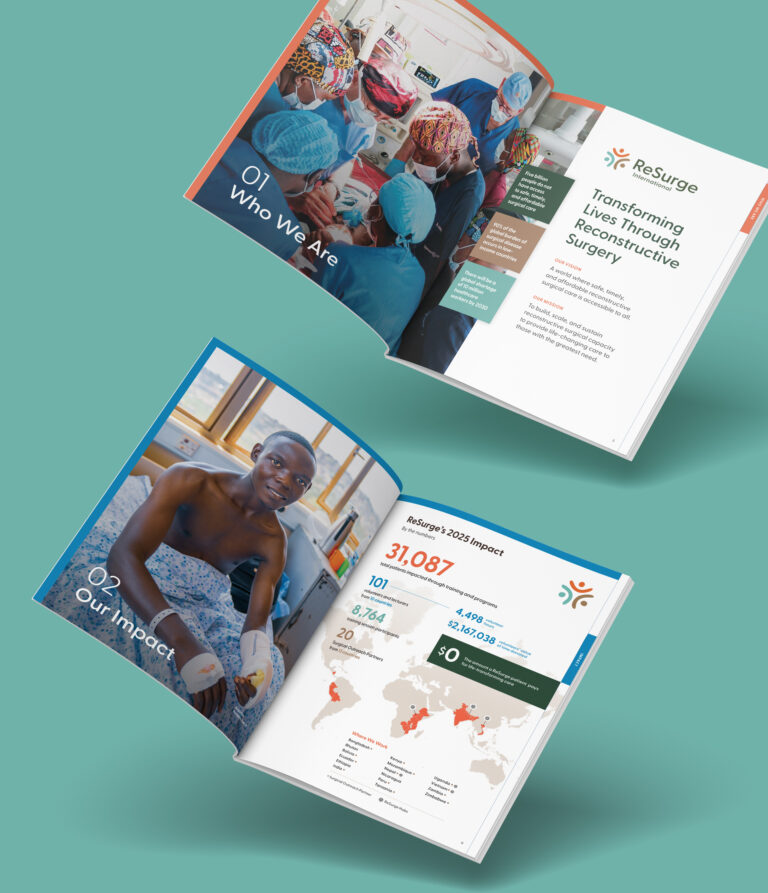In the wake of a devastating fire in Eastern Nepal, ReSurge International has swiftly mobilized an emergency response team of ReSurge Medical volunteers and supplies to support our Nepal team who are caring for the injured. On the night of November 12th, 2023, a fire, fueled by an LPG gas cylinder explosion, wreaked havoc in a community near Itahari – a site earmarked for one of our future burn centers. The tragic event resulted in severe burn injuries to 26 people, necessitating immediate and specialized medical care. In response, emergency responders airlifted the injured to the Nepal Cleft and Burn Center at Kirtipur Hospital, 362.7 km away. Under ReSurge Nepal Director, Dr. Shankar Rai’s leadership, this center has become renowned throughout the country for its exceptional burn care, making it the ideal facility for handling such extensive injuries.
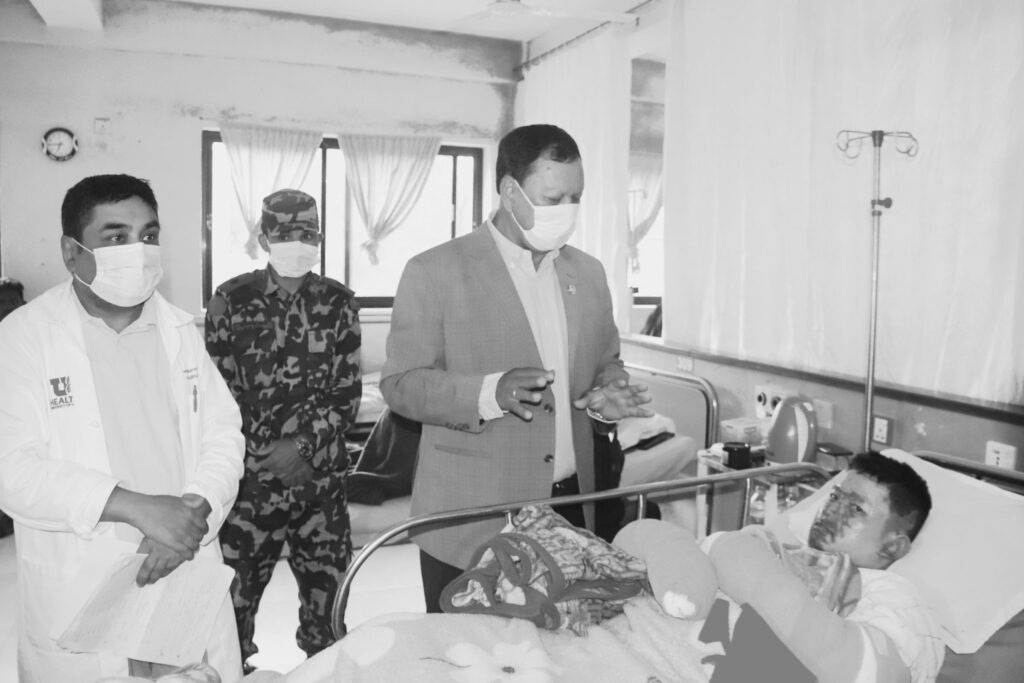
“In the wake of this devastating tragedy, urgent assistance is critical. We need supplies and expert burn specialists to save the lives affected by the fire. Thank you ReSurge International for rapidly assembling a top-tier team of support and equipment on just a few days’ notice.”
-Dr. Shankar Rai, ReSurge Nepal Country Director
Recent Updates as of December 6, 2023: ReSurge International rapidly assembled a team of expert burn specialists and necessary medical supplies to respond to this urgent need. This critical care team from esteemed institutions like the University of British Columbia, University of Washington, and Orlando Regional Medical Center, exemplifies our global medical community’s spirit of solidarity and rapid response in times of crisis. A total of twelve medical volunteers signed up to travel to Kathmandu to provide coverage from November 19, 2023, through December 16, 2023.
As of December 6, 2023, 10 patients have been discharged and were able to return home, 11 are still in the hospital receiving treatment, and we have been able to save 20 lives – thanks in no short part to the support of our donors and medical volunteers. Unfortunately, due to the severity of the burns, five patients were lost very early on.
Since the arrival of the initial 26 burn victims from eastern Nepal, an additional 34 patients with acute burns have been admitted to the hospital. These patients are under the care of our local Nepal team and the support of our medical volunteers.
“I am truly grateful for the sponsorship by ReSurge for this opportunity to help our friends and colleagues during this surge.” – Dr. Tam Pham, ReSurge Medical Volunteer in Nepal
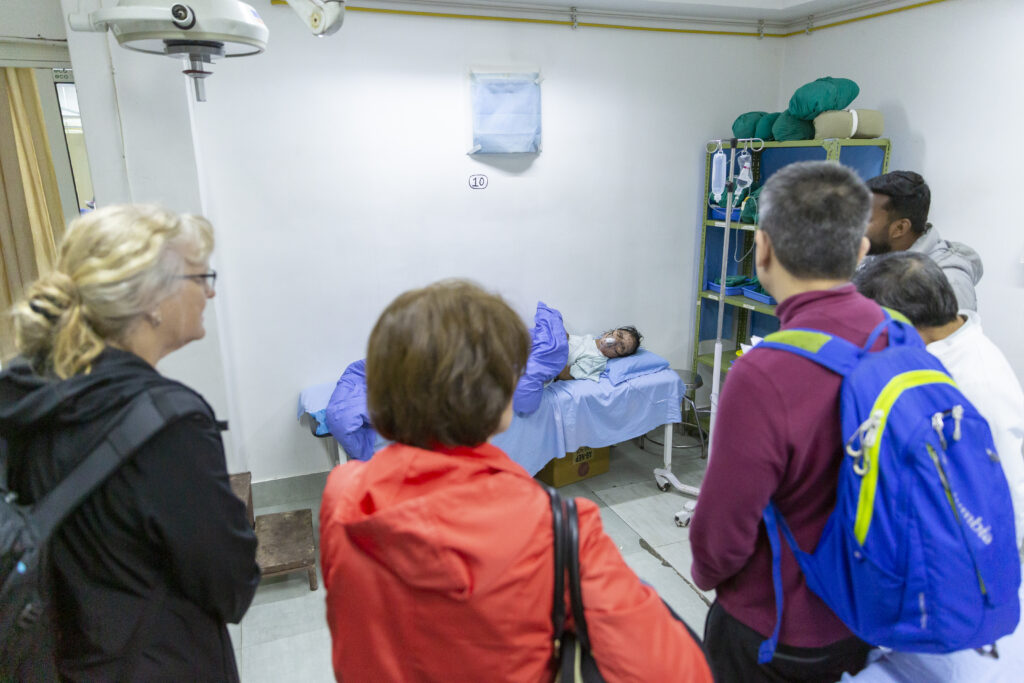
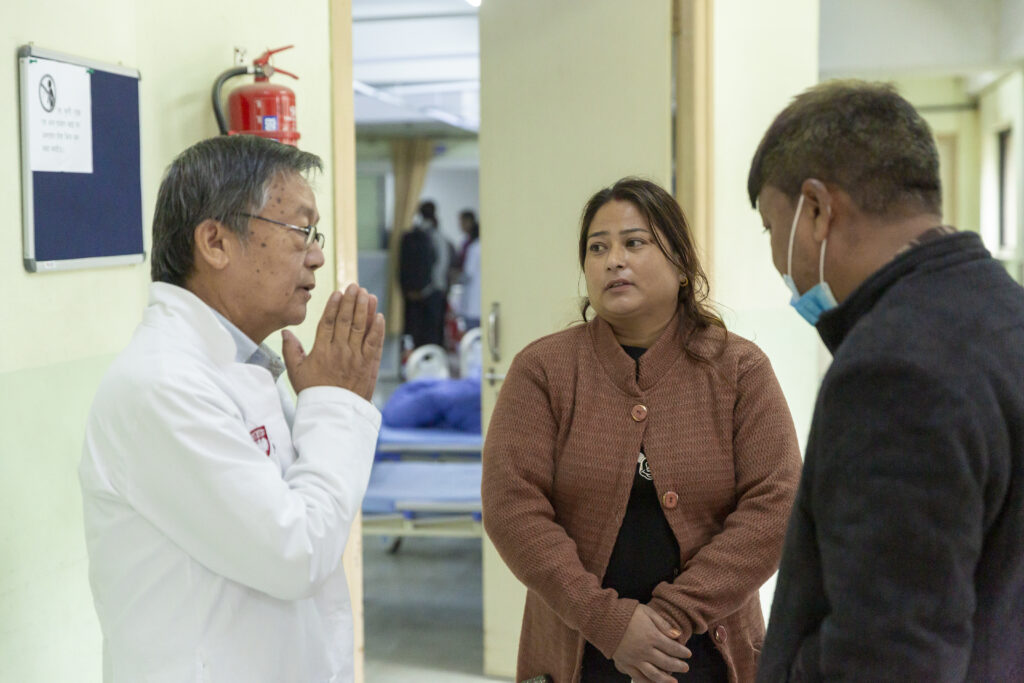
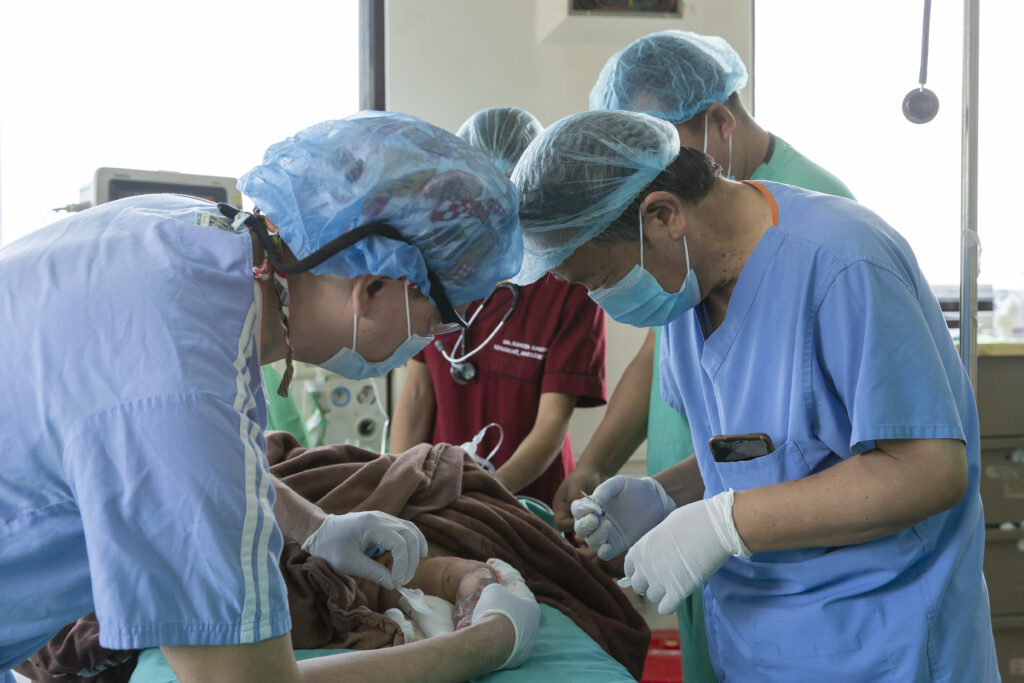
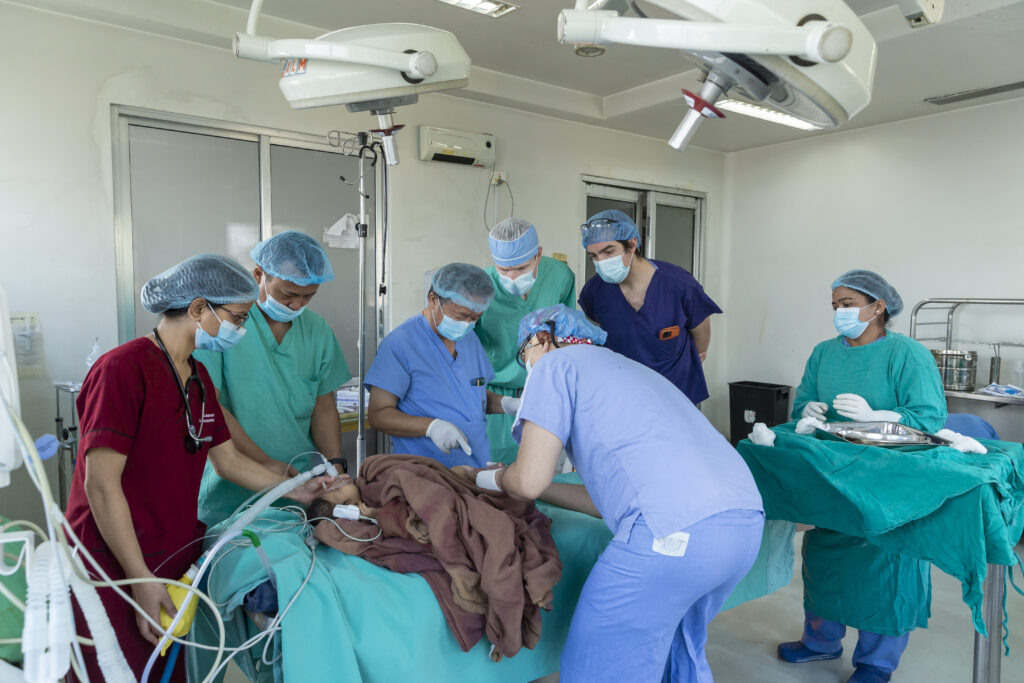
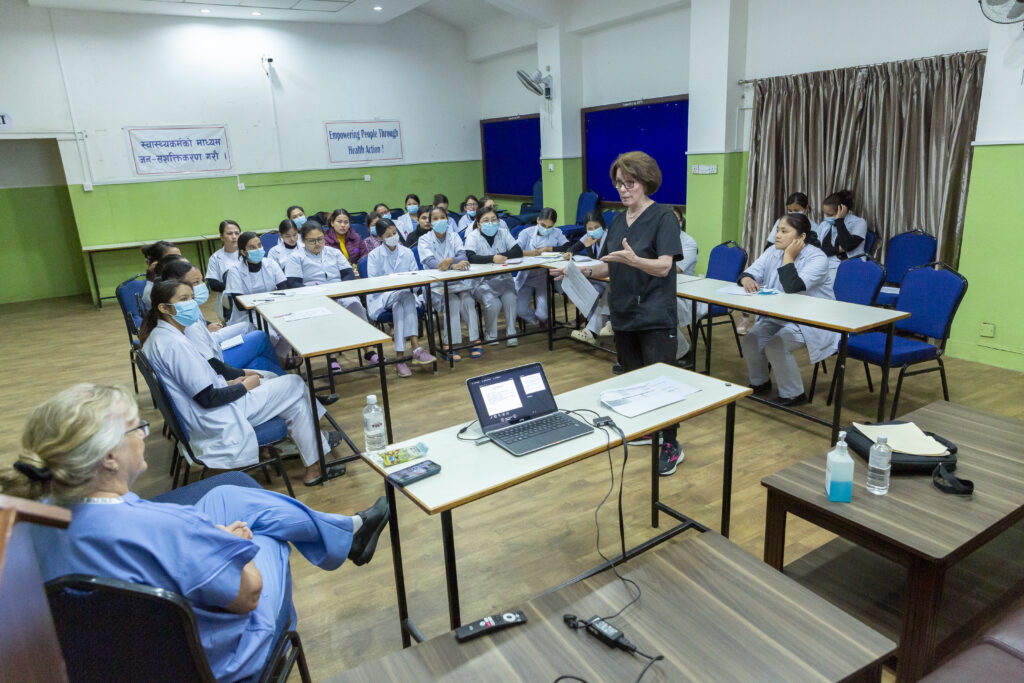
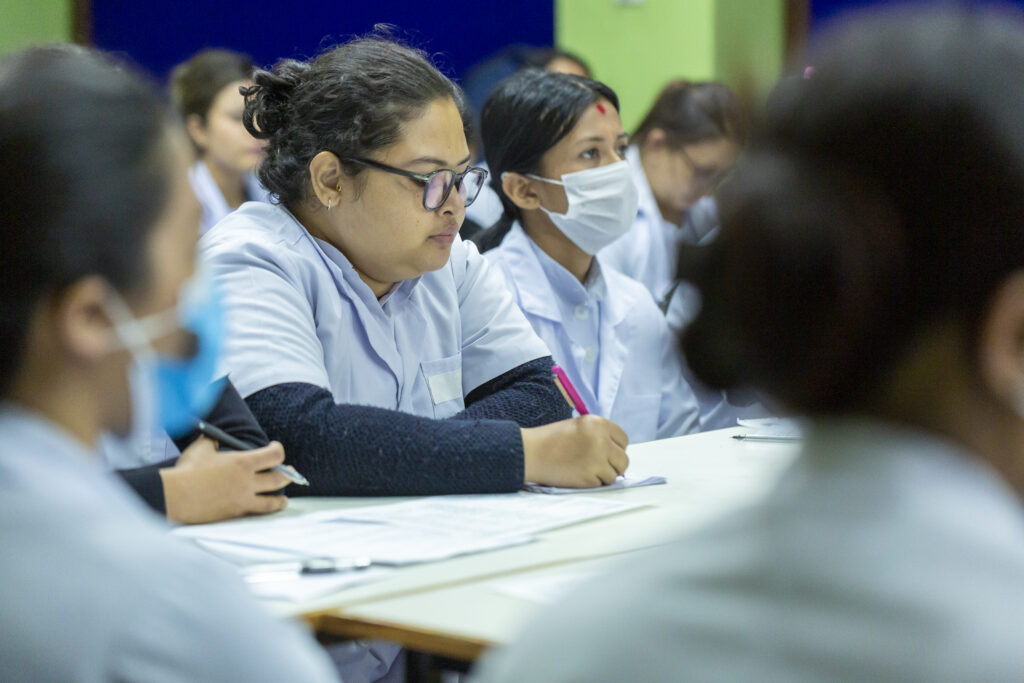
A Team of ReSurge Medical Volunteers provide critical patient care and training at Kirtipur Hospital.
Understanding the Impact of Burns
Every 3 seconds someone requires medical attention for a burn and 96% of fire related deaths happen in low-income countries.
Acute burn cases such as as these are very complex to treat, requiring close multidisciplinary expertise between burn surgeons, critical care physicians, nursing, and many other specialties. Patients require a closely monitored fluid resuscitation protocol, given the significant amount of fluid losses that can occur following such an injury, and in some cases, close airway monitoring/support or frequent medical assessment to ensure the burn is not compromising blood flow into affected areas. In very deep burns, patients may require emergent surgical release of the tightened burned tissue in order to prevent restriction of breathing or circulation.
“The time to treat burns begins immediately following the injury. Burns larger than 20% total body surface cause massive fluid shifts and stress to every major body system. Early burn debridement [removal of nonviable tissue] can significantly reduce the risk of devastating infections and leads to improved functional and cosmetic outcomes.”
–Susan Smith, ReSurge Medical Volunteer and burn nurse practitioner
The problem of increased prevalence of burn injuries in low-income countries is compounded by the lack of access to appropriate treatment and basic wound care. Many health-care facilities in LMICs do not have enough appropriately trained staff (including surgeons), proper equipment and supplies, or financial resources to quickly and adequately treat burn injuries. ReSurge Nepal Director, Dr. Shankar Rai, has dedicated his life to providing care for burn and cleft patients throughout Nepal. Dr. Rai has worked with ReSurge International for three decades and ReSurge’s center at Kirtipur Hospital in Kathmandu has cared for over 5,200 burn patients over the last fifteen years.
Burns occur mainly in the home and workplace. Children and women are usually burned in domestic kitchens, from upset receptacles containing hot liquids or flames, or from cookstove explosions. Men are most likely to be burned in the workplace due to fire, scalds, chemical and electrical burns.
Community and Global Support
This incident is a poignant reminder of the vulnerability of rural communities in low-income countries like Nepal where the survival rate for severe burns are dramatically lower than in countries like the United States. It also highlights the critical role of organizations like ReSurge International in providing specialized care where it’s most needed. Our global team of ReSurge Medical Volunteers and the support from our partners and donors allow us to make a real difference in the lives of those affected by such unforeseen tragedies.
